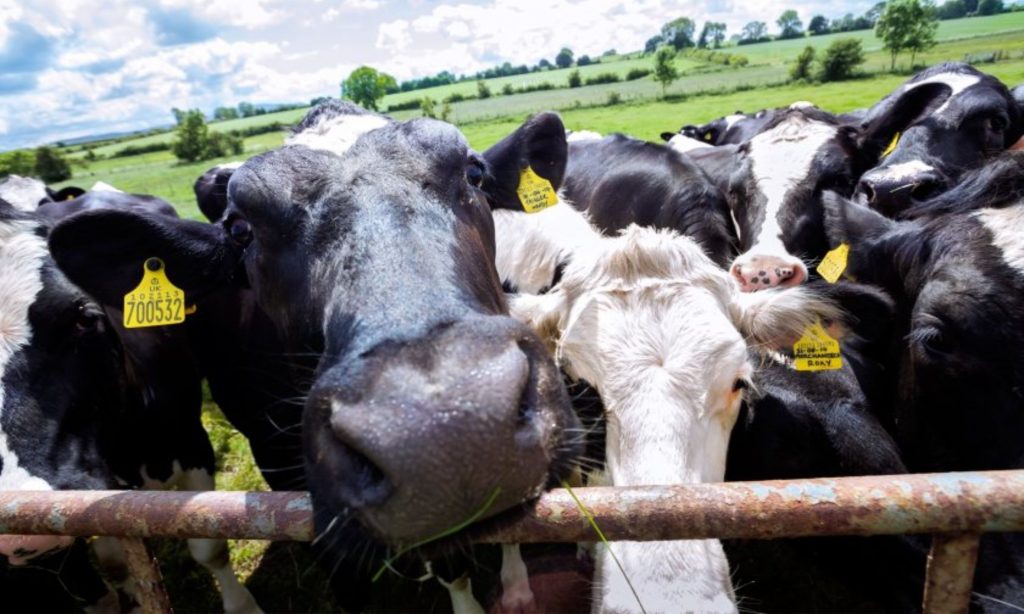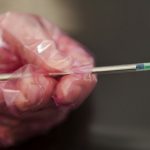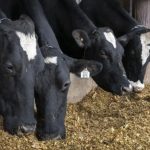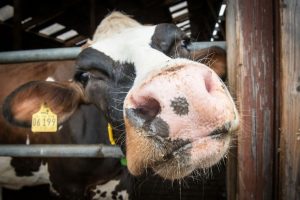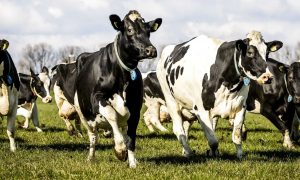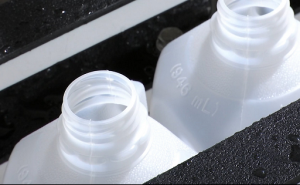
Data from the International Farm Comparison Network (IFCN) shows that productivity on the typical UK dairy farm has declined.
Productivity is the amount of output produced, compared with the amount of input required – it is a measure of efficiency.
Looking at productivity as pence per litre (ppl) of output versus input for a typical 160 cow herd in North-West England shows a downward trend in the last decade.
The UK is not alone in this, with IFCN’s data showing a typical North German farm experiencing a similar downturn.
However, farms elsewhere are seeing productivity growth, including in herds in long established dairy exporting countries such as Denmark and Belgium.
Productivity has also increased in growing export nations such as Spain, Poland and Belarus.
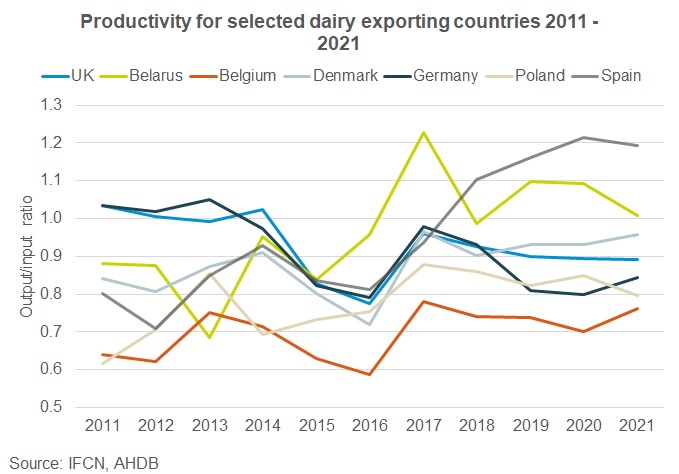
Weaker productivity makes it hard to produce at a competitive price while still making a profit, leaving UK dairy products vulnerable to being undercut by countries with more efficient production.
With current high input prices, farms may struggle to improve productivity in the immediate future, at least in terms of ppl outputs versus inputs.
Analysing the IFCN’s data, the AHDB said: “International productivity comparisons like this often raise two comments.
“The first being that UK productivity was higher to begin with, so some other countries are simply catching up.
“This may be partly true, but the data does suggest farms in a few of these countries have now overtaken the UK in terms of efficiency.”
The AHDB added: “A second question often asked is, given that a lot of British milk is sold within the UK, why would this matter to farmers here?
“The direct impact is that poorer productivity means lower profits because herds use more inputs to make less.”
The indirect impact is that imports and exports expose the UK to global dairy prices, the AHDB said, so UK herds are operating in the same market as herds in Poland, Spain and any other dairy exporting country.
“Costly inputs do focus the mind on efficiency and farms will be carefully considering whether the output is worth the input,” the levy board explained.
“The key is to maintain that renewed focus on efficiency should things improve, leading to better profits, productivity and competitiveness in the future.”
